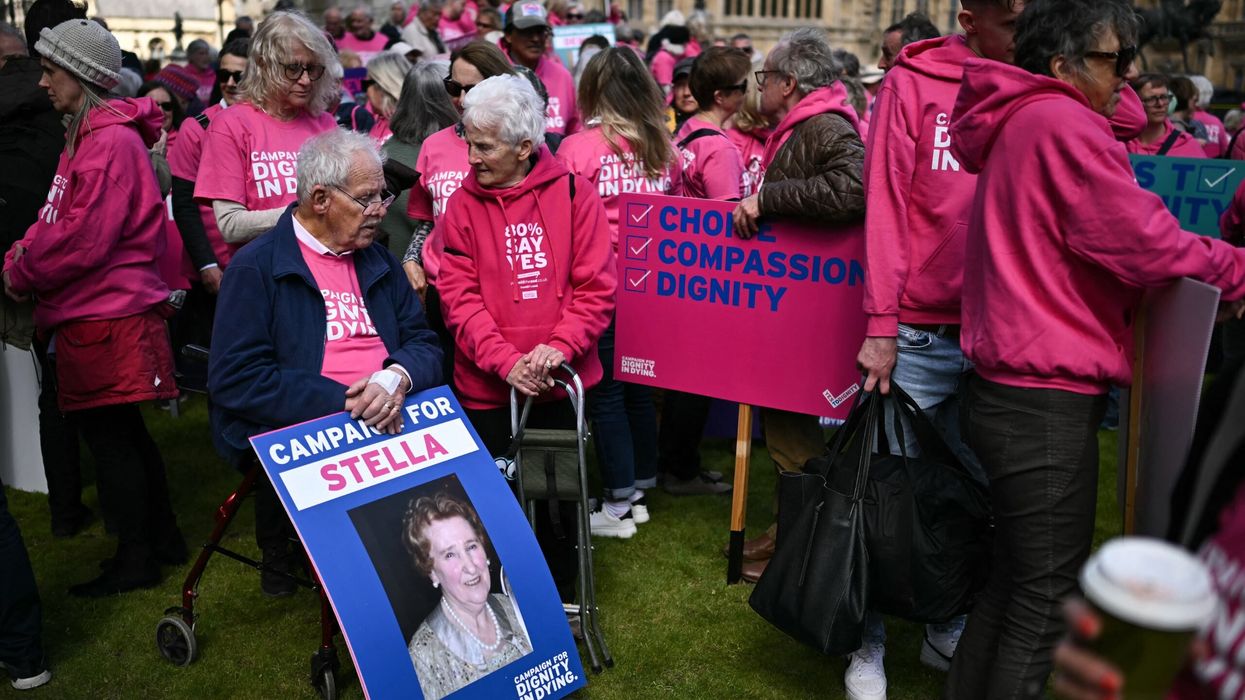MORE than 100 women from Christian, Muslim, Jewish, and Sikh communities have raised concerns that the proposed assisted dying legislation in England and Wales could be used to harm vulnerable women, especially those facing domestic abuse and coercive control.
In an open letter published on Sunday by Theos, a Christian thinktank, the signatories warned the terminally ill adults bill has “insufficient safeguards to protect some of the most marginalised in society, particularly women subjected to gender-based violence and abuse by a partner”, The Guardian reported.
The letter says the bill could assist such women in ending their lives, and notes that domestic abuse victims who are also women of faith may face unique forms of abuse, including the use of theology and culture to control them.
Earlier, charities working on domestic violence and coercive control also expressed concern about the potential for coercion in assisted dying cases.
However, Lesley Storey, chief executive of My Sister’s Place, argued the bill introduces “rigorous safeguards where currently there are none”.
In another open letter signed by over 40 women, Storey said, “The risk of coercion for terminally ill women in abusive relationships is real … It thrives in the absence of oversight, where there are no safeguards, checks, or balances.”
She highlighted the bill’s provisions for professional assessments, mandatory coercion training, and new criminal offences.
The bill has passed the committee stage and is expected to return to the House of Commons on 25 April.





